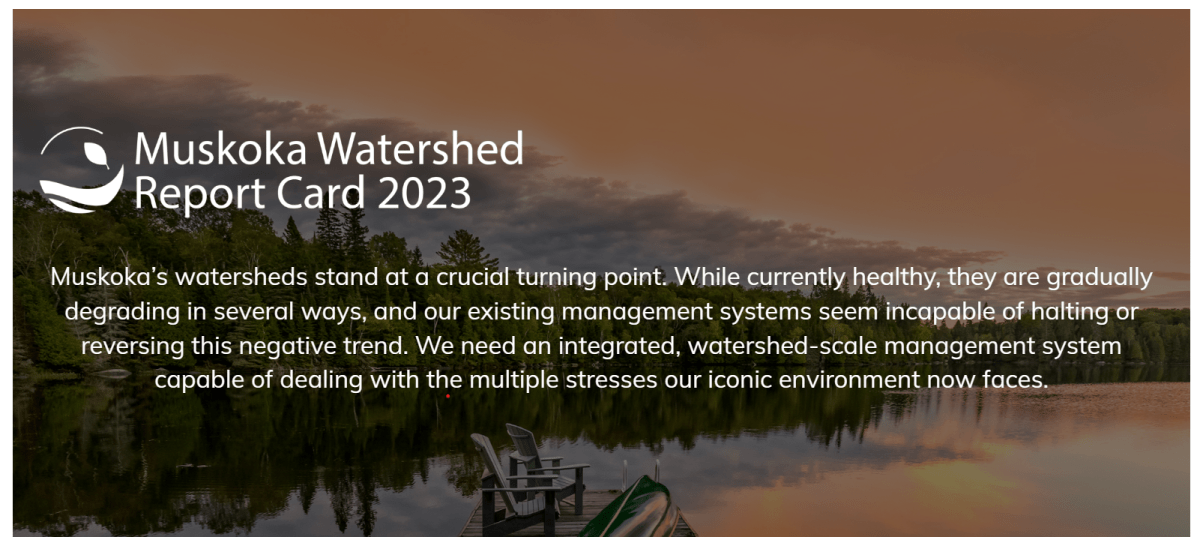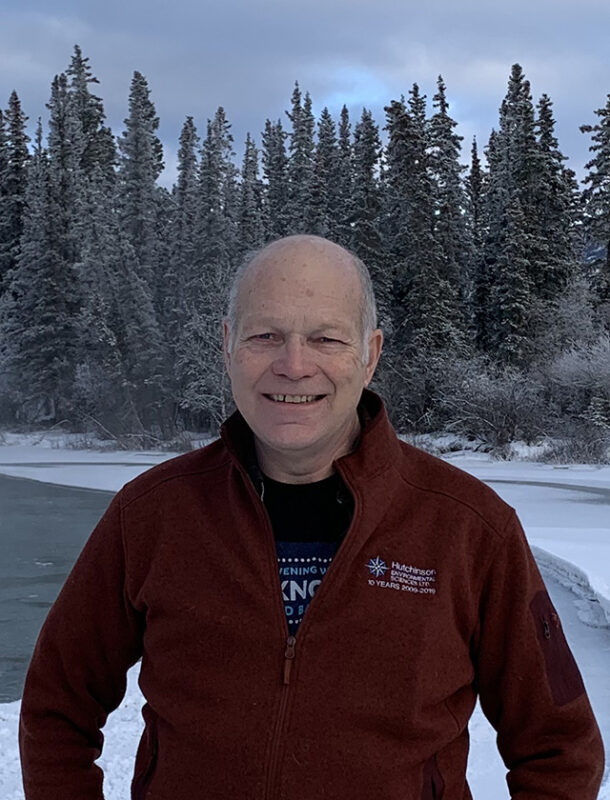Living in our changing watershed: MWC looks at integration and relationships
This series will include essays on what we as citizens value in our watershed.
By Neil Hutchinson.

Welcome to the third series of articles presented by the Muskoka Watershed Council. Our first series last summer “Our Changing Watershed” illustrated problems in our watershed and aimed to identify solutions. Our just-completed winter series, The State of our Watershed, grew from the September 2023 release of our sixth Watershed Report Card and its overall conclusion that “Watershed health is pretty good now, but there are signs it is getting worse.”
Those articles provided detail around that diagnosis.
Our articles have been well read and well received, and we thank you for your interest in Muskoka’s environment. All previous articles can still be accessed here at our website.
Our summer 2024 series is entitled “Living in Our Changing Watershed.” We live here and cannot afford to let our natural environment degrade.
A healthy, natural environment is not only part of who we are, vital to the health of our economy, and central to our quality of life but has its own inherent value, independent of human activities.
We hope to encourage a change in perspective to move beyond minimizing or managing our environmental impacts to understanding how to prevent them.
Perhaps we could ask less of our environment — recognizing its needs as well as ours.
Our planned articles have a common theme of integration and relationships — how we cannot thrive without understanding how ecological forces, including human actions, shape the world we live in. We will examine the links between human health and environmental health, how climate shapes our watershed, how it is expressed in our lakes, forests and wetlands and how they may respond as our climate warms. We will introduce the concept of “living with water” as a guiding and positive perspective.
Having presented all of this, we will raise the challenge of how to live in our changing watershed.
How can we change our perspective to integrate human actions with other ecological forces to produce an environment which we value and which thrives ecologically?
While watershed management will continue to require sound science, we want to emphasize the emerging role of “collaborative science” as a management approach; one that will integrate citizen perspectives, values and needs into the management process along with scientific expertise.
The series will include essays on what we as citizens value in our watershed and how we might work with scientists to translate such values into “targets” — measurements of environmental health that will tell us if we are in trouble or not. We will discuss the concept of adaptive management — how to use our identified values and targets along with tools such as our Watershed Report Card to respond to changes before they become serious.
All this supports the theme of “Integrated Watershed Management” (IWM), a subject of interest within the Muskoka Watershed Council over the past four years.
We are now promoting IWM as a formal process bringing citizens, governments and scientists together in collaborative management of our watershed. We have already formed a community roundtable and presented a daylong seminar on the subject to municipal politicians and staff in February.
Stay tuned for more information as we announce the next Muskoka Summit on the Environment, our sixth, which is scheduled for this autumn.
In the meantime, pull up a Muskoka chair, cherish your surroundings and happy reading.
We thank Metroland media for inviting us to present our views. And we’d love to hear from our readers — please contact us using [email protected].

Our series editor and contributor is Dr. Neil Hutchinson, a retired aquatic scientist, Bracebridge resident and director: Muskoka Watershed Council, Friends of the Muskoka Watershed and Georgian Bay Forever.
